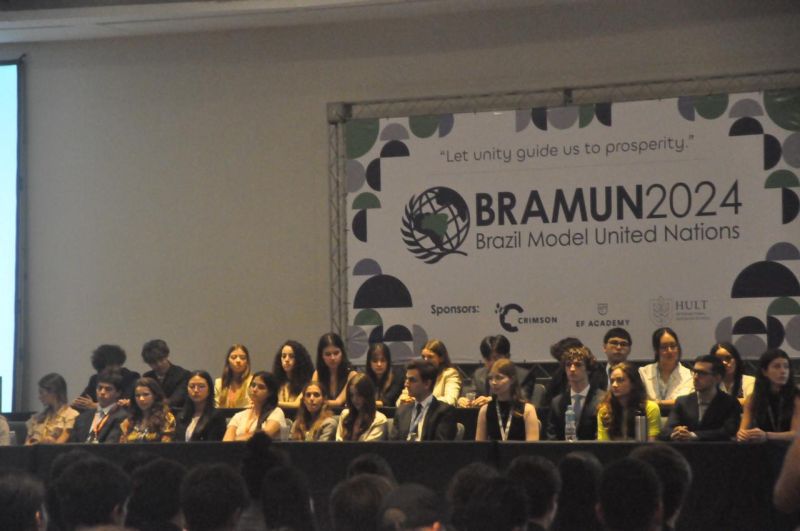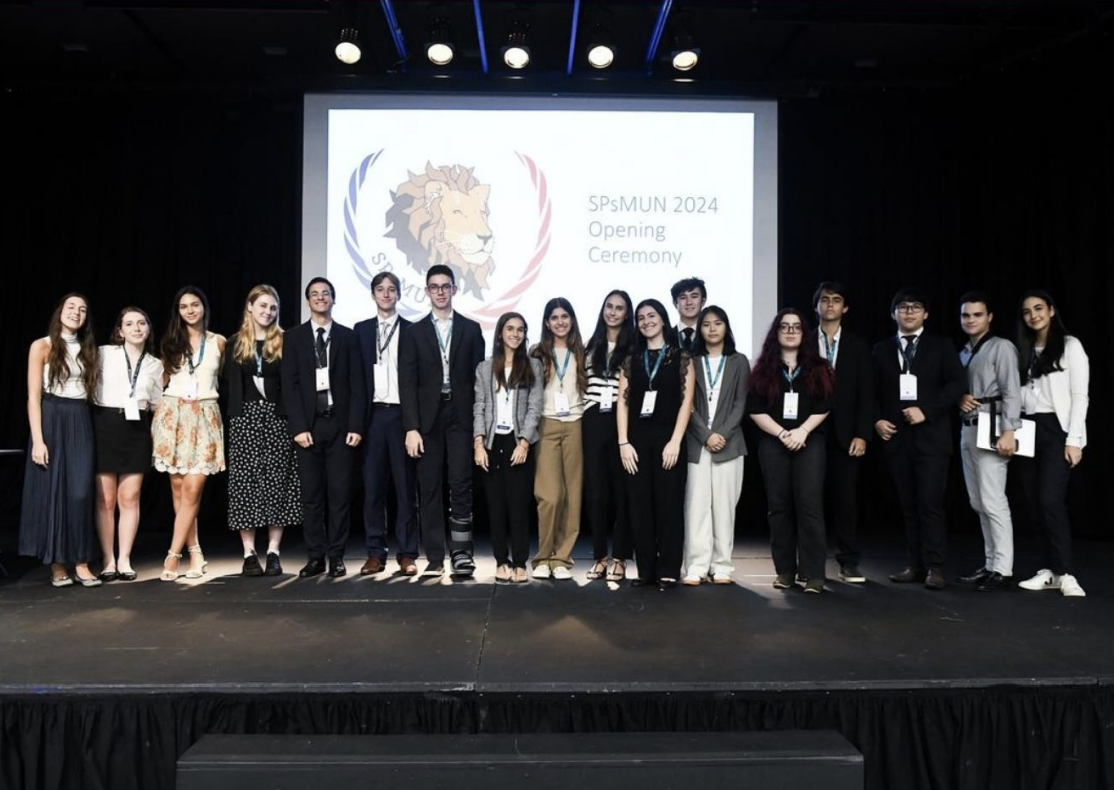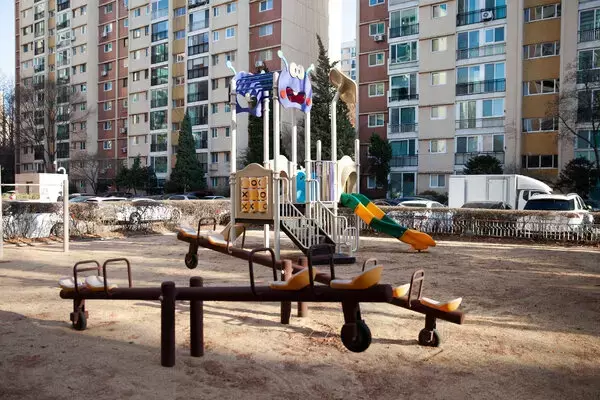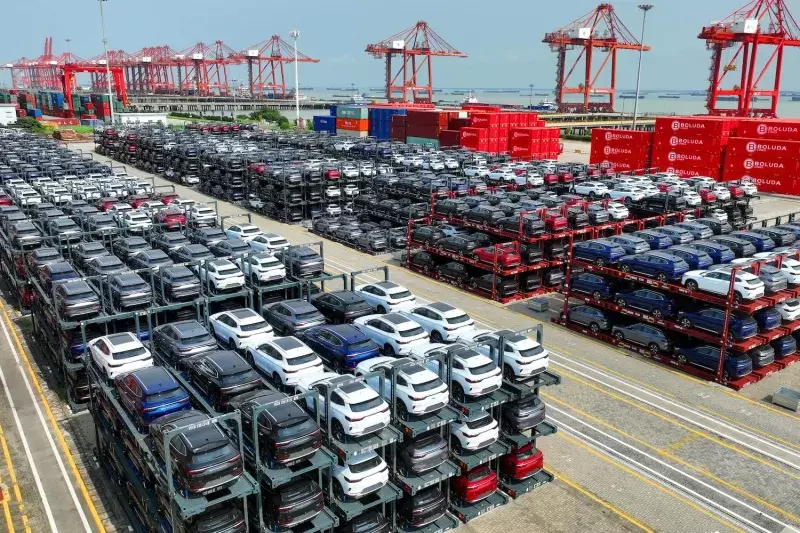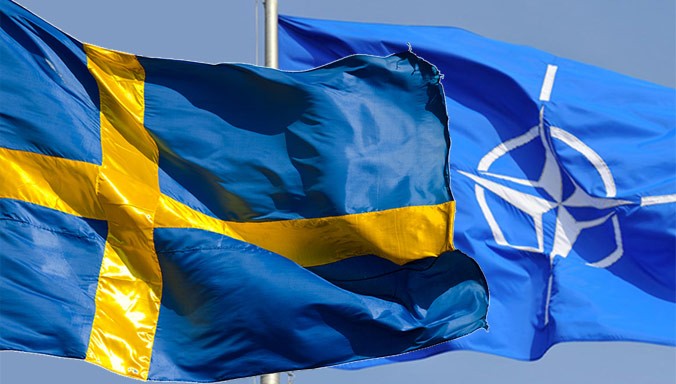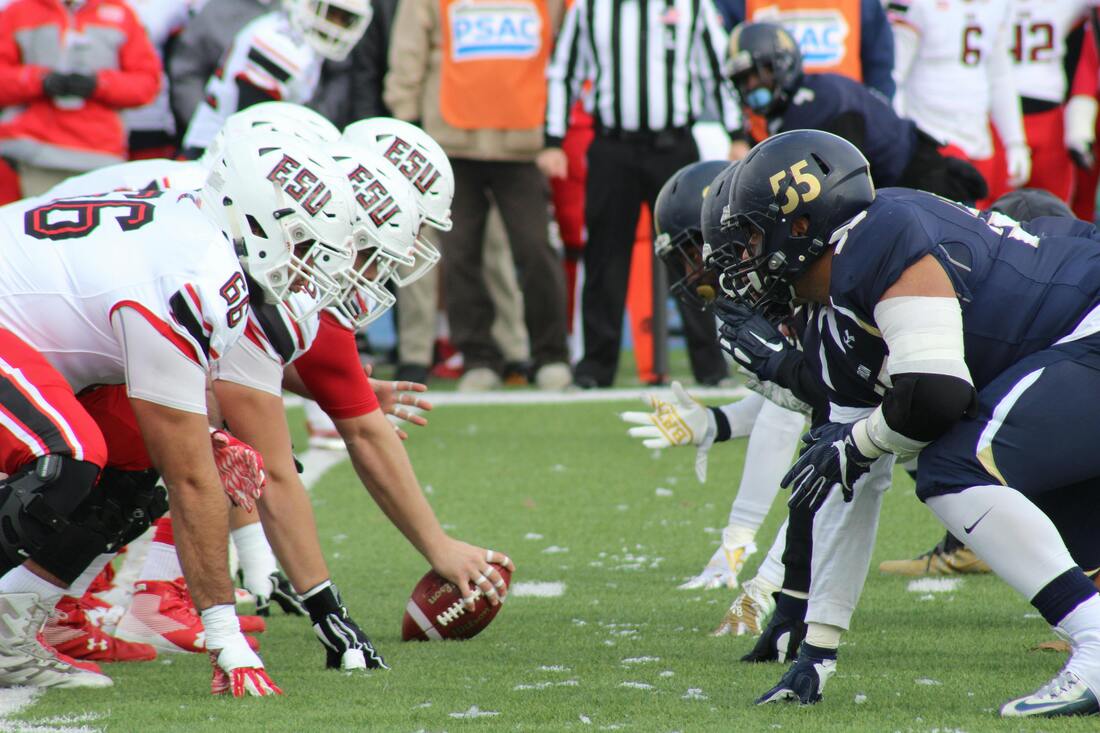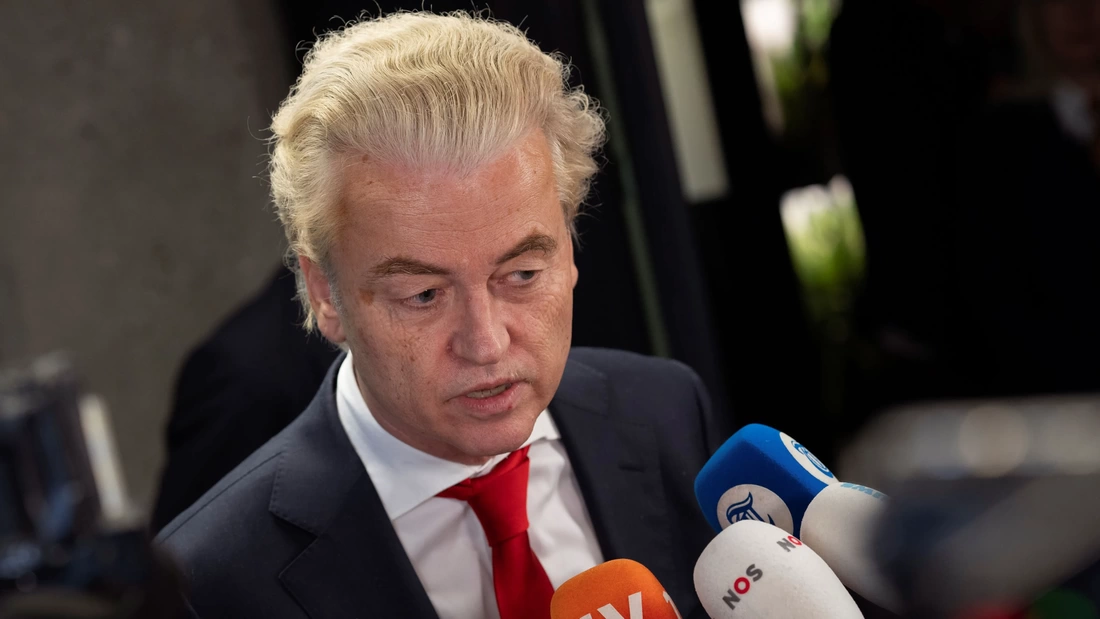|
By: P. Camargo A clet lip or palate is a prevalent congenital facial abnormality characterised by a physical aperture in the lip or the palatal roof. Clet palate is a congenital disease characterised by incomplete closure of face features during foetal development. Clet problems, which are usually apparent from birth, not only impair the child's physical appearance but also have significant efects on fundamental life activities. Untreated clets in children can lead to significant challenges in feeding, persistent ear infections, speech deficits, and dental issues. Also, the social and psychological consequences of the stigma attached to noticeable diferences can result in social exclusion, harassment, and reduced self-confidence, hence compromising the daily social interactions of the child.
Even in the midst of such challenges, Operation Smile ofers hope for those who are born with clet issues. Founded in 1982 by Dr. William P. Magee Jr., and his wife Kathleen, Operation Smile has grown to be a global network of medical professionals dedicated to providing free surgical care for individuals with Clet anomalies in more than 60 countries. Yet, the extent of their impact is not limited to repairing clets because they also provide a wide range of treatment such as postoperative therapy, mental support, and nutritional services ensuring that the child receives optimal care. Operation Smile is committed to providing every child born with a clet condition with the opportunity to have safe and high-quality surgery treatment, among other things. e surgical procedure lasts as little as 45 minutes, and it is life-changing for a child. e day ater surgery, several children will reveal instant improvements in their ability to eat and talk, resulting in a substantial improvement in their general well-being. e operation not only enhances their capacity to conduct normal tasks but also strengthens their self-esteem, go to school, and interact in social situations without fear of being ridiculed. What is school doing? Our school relects this dedication to bettering Operation Smile’s mission through our very own club, Operation Smile Club. As the result of a group efort from students with aspirations to create real change in the world, the club predominantly involves fundraising, education and advocacy. By holding bake sales, charity runs and spreading awareness, participants aim to raise financial support for all their surgeries. In addition to raising funds, these events are opportunities to help educate our fellow students and donors about the complex social challenges of cleft conditions and how a relatively simple surgery has the power of transforming tens of thousands of lives each year. The club is also involved in worldwide awareness events like World Smile Day spreading the information over social media and uniting support from larger communities. Integrating these initiatives into our school curriculum, we are not just raising money but also preparing a new generation of empathetic leaders who will better comprehend the consequences and efects health inequity has on individuals around the world. e St. Paul’s Operation Smile Club encourages all students to get involved in this humanitarian efort so that a child never has to live with an untreated clet lip or palate. It is only united that we can change the narrative for afected children. We hope you join our cause, and thank you for your time and support.
0 Comments
By: D. Ariaz In the pulsating heartbeat of today's global economy, Artificial Intelligence (AI) emerges as the unrivaled juggernaut, reshaping industries and redefining the contours of the modern workforce. Barely a day elapses without witnessing AI's transformative prowess propelling companies to unprecedented heights of success. In the ongoing discourse surrounding the integration of artificial intelligence into society, the concept of a utopian future presents both intriguing possibilities and profound existential questions. As humanity navigates the potential of AI to revolutionize work, leisure, and even fundamental aspects of human existence, the quest for purpose and fulfillment in a rapidly evolving technological landscape becomes increasingly pertinent. While the notion of an AI-driven Utopia holds promise, it also underscores the need for deeper reflection on the essence of human identity and the pursuit of happiness in a world reshaped by innovation. As we continue to explore the boundaries of technological progress, the ultimate challenge lies in ensuring that advancements in AI enrich rather than diminish the human experience, fostering a future where technological utopia coexists harmoniously with the intrinsic values that define our humanity.
Examining recent history, the transformative power of AI is evident in the substantial wealth creation observed since October 2022, totaling $8 trillion among the companies under review. This surge in value creation is intrinsically linked to AI's disruptive influence across various layers of the technological stack. Notably, Microsoft's leadership in the cloud domain, bolstered by its partnership with OpenAI, signifies a shift in market dynamics, with its market capitalization now commanding a significant share within the cloud trio. Moreover, a notable concentration of value among top companies is observed across hardware, model-making, and applications layers, underscoring AI's role in reshaping the competitive landscape. In particular, the hardware sector has experienced significant wealth accumulation, echoing historical trends where infrastructure development precedes software innovation. Nick Bostrom, a philosophy professor at Oxford, wrestles with this question in a fascinating book that was published on March 27, “Deep Utopia: Life and Meaning in a Solved World.” Whose last book argued that humanity faced a one-in-six chance of being wiped out in the next 100 years, perhaps owing to the development of dangerous forms of artificial intelligence (AI). What happens if AI goes extraordinarily well? One possibility is that technology progresses to the point where it can perform all economically valuable work for near zero cost. In a more extreme scenario, even tasks you might think are reserved for humans, such as parenting, could be performed better by artificial intelligence. While this may sound more dystopian than utopian, experts argue otherwise. We human beings dislike our problems, naturally, but if we had no problems to solve, what meaning would life have? How long would we be happy sitting on top of our solitary mountains? For me, one long weekend would about do it. A billion years of perfect happiness would be perfect misery. In such a world, the need for work would be reduced. Almost a century ago John Maynard Keynes wrote an essay entitled “Economic Possibilities for Our Grandchildren,” which predicted that 100 years into the future his wealthy descendants would need to work for only 15 hours a week. While Keynes' prediction of wealthy descendants only needing to work 15 hours a week has not completely materialized, there has been a significant decrease in working hours globally. For instance, the average American now spends a third of their waking hours on leisure activities and sports. However, with the help of advanced technology, human experiences could go beyond our current understanding, as noted by Mr. Bostrom, in his book “The Space of Possible-For-Us Experiences Extends Far Beyond Those That Are Accessible to Us with Our Present Unoptimized Brains.” While Mr. Bostrom may refer to it as a "post-scarcity" Utopia, it's important to note that the economic impact of superintelligence would still be constrained by physical resources, particularly land. Even with advancements in space exploration and increased building space, resources will not be limitless. Additionally, there are alternate scenarios where humans advance their intelligence but remain earth-bound. In these situations, wealth may be abundant but a significant portion could still be devoted to housing, similar to the current situation in wealthy nations. The concept of a "paradox of progress" arises from these changing dynamics. While most individuals desire a better world, an excessively advanced technology may lead to feelings of purposelessness. Mr. Bostrom asserts that even if this were the case, people would still find pleasure in activities with intrinsic value, like indulging in delicious cuisine. Some utopian thinkers, convinced that life had become too effortless, might choose to challenge themselves by attempting to re-establish civilization on a new planet. Nevertheless, there may come a point where even such endeavors lose their appeal. It remains uncertain how long individuals could sustain happiness by constantly pursuing different passions, as depicted by Peer in "Permutation City." Economists have traditionally believed that humans possess "unlimited wants and desires," implying that there are endless possibilities for things people would like to consume. The introduction of an AI Utopia would certainly put this theory to the test and its outcome would hold significant implications. AI has been one of the most rapidly developing technologies in recent years. With its increasing popularity and advancements, artificial intelligence continues to be a game-changing force across various industries. However, this technology is not without its controversies and criticisms. Despite these debates, AI has undeniably transformed many aspects of our lives and is expected to play an even bigger role in the future. The potential for AI to revolutionize these fields is immense, bringing about new opportunities and challenges for businesses and consumers alike. By: A.C. Estefan As the United States prepares for another presidential election, there is increasing concern regarding misinformation and fraud that could already be spreading. In recent years, the rapid increase of fake news across social media has led to growing unease over the integrity of democratic processes. However, with the advances in technology and artificial intelligence (AI), specialists have identified new tools that could potentially change the battlefield of the war against fake news.
Social media companies have seen an opportunity to use AI to point out misleading content ahead of the 2024 presidential elections. To spot this, algorithms analyze patterns and analyze data to pinpoint fake information which could affect elections. By identifying the sources of fake news and the networks involved, AI technologies enable platforms to take targeted action to reduce their impact. Hence, companies aim to use this tool to decrease the spread of misinformation that could influence public opinion or undermine the electoral process. The American Psychological Association (APA) emphasises the importance of using AI-driven strategies in combating fake information during election cycles. By using machine learning and natural language, AI systems analyze the content of news articles, social media posts, and other sources to identify misleading or false information. This approach empowers technology companies to protect the integrity of the electoral process. Whilst it has the potential to be a great ally in the fight against fake news, the development of AI technologies also presents a major challenge for media companies. AI creates highly realistic and believable images with entirely fabricated audio and video content and thus can contribute to the spread of false information. Major tech companies such as Meta (formerly Facebook), Google, Microsoft, and TikTok have joined forces to address the threat posed by AI-generated deepfakes and have been working hard to identify when they have been used. The Munich Accord, a landmark agreement signed by these companies, work in collaboration to develop technologies capable of detecting and combating the impact of deepfakes on elections and democratic discussions. In light of recent issues, experts argue that AI holds immense promise in strengthening the electoral process against misinformation and fraud. By using sophisticated algorithms and leveraging cutting-edge technologies, stakeholders can proactively identify and counteract attempts to undermine the integrity of elections. Nonetheless, companies must work to use these AI tools to combat the threat of AI in the production of fake news. As the 2024 US presidential election approaches, the role of AI in combating fraud has taken the spotlight in the ongoing effort to uphold the integrity of democratic processes in the digital age. These innovative strategies give confidence to the public that the power of AI can be used to protect the foundation of democracy and ensure that elections remain as free and fair as possible. UN Security Council Passes a Ceasefire Resolution in Gaza as Devastation in the Area Perpetuates3/30/2024 By: C. Oliveira Chinese car makers now account for half of all Global EV sales, benefitting from access to minerals and a cost-effective supply chain built over years. The industry, however, is now entering a transitional phase from traditional ICE energy to new energy.
Car makers are now aiming at making inroads at smaller towns and rural areas. Albeit pricing plays a large role to do so. Sales of battery-powered EVs in China slowed to 18.2% in the first two months of the year from 20.8% for all of 2023, according to the China Passenger Car Association. 2 years ago, Tesla started a price war by slashing their prices and BYD, Xpeng, Leapmotor and Geely have followed their incentive. The initiation of price drops serves to entice buyers. Leapmotor has reportedly cut prices of its new EV version of its C10 SUV by nearly 20%, while BYD has been lowering prices of various EV models and even launched a new version of its best-selling car on Monday at a lower price. Xpeng extended its 20,000-yuan discount on its popular G6 SUV until the month’s end. This, on the other hand, raises questions about sustainability for the manufacturers especially when lacking government funding and when experiencing a slowing domestic market. Competition in the industry has intensified within China and also international giants like Tesla. Tesla launched discounts in car insurance products, and preferential financing plans for a limited time, yet still lost market share in China in January. Last year, it cut the average Tesla price by about 25% in a bid to drive up sales. Industry experts predict that most carmakers will turn to offering discounts and engaging in price wars to retain market share in 2024 and further escalation of the price war is foreseen to occur, with more manufacturers likely to join in to safeguard their market shares as failing to do so could lead to a risk of losing market share. By: A.C. Estefan Sweden has officially become the 32nd member of NATO, marking a significant shift in the country's defence and foreign policy. The decision was approved by the Swedish parliament after months of deliberation and intense discussions both domestically and internationally. This decision represents that the country, which was known for its isolation policy during international conflict, is transitioning away from the policy of military neutrality, which dates back to the early 19th century.
The announcement was made by Swedish Prime Minister Ulf Kristersson during a meeting with the U.S. Secretary of State Antony Blinken in Washington. NATO Secretary-General Jens Stoltenberg proudly welcomed the country into the alliance, emphasizing this new alliance will be invaluable to strengthen Euro-Atlantic security. Sweden’s decision was influenced by Russia's aggressive and geopolitical developments, which has become a cause of worry for the country and prompted it to look for a safe and protective environment. They have reconsidered their security posture, seeking closer cooperation with NATO and protection from other countries. The decision to join the alliance reflects Sweden's growing concerns over regional security threats and the need for a collective defence approach. Furthermore, in a statement following the announcement, Prime Minister Kristersson emphasised Sweden's commitment to uphold its values of democracy and freedom, which lie within NATO’s framework. Sweden's NATO membership has been celebrated but has also met scepticism domestically. Although the alliance will enhance Sweden's defence capabilities and provide greater security in an increasingly uncertain and aggressive world, the government has been criticised for leaving its traditional policy of neutrality and its ability to pursue an independent foreign policy in isolation from international conflict. To complete the process, it is expected that Swedish military forces will be integrated into NATO structures and participate in joint exercises and operations. The country will also be required to contribute financially to the alliance's common defence efforts, although the specifics of its contributions have yet to be determined. As Sweden embarks on this new chapter in its defence policy, they face both opportunities and challenges in navigating its role within the NATO alliance. The full implications of Sweden's NATO membership are yet to be seen, but one thing is certain – it marks a significant milestone in shaping the future of European security dynamics. By: C. Oliveira Italy has persistently struggled with the issue of over-tourism, being one of the world’s most famous tourist destinations. In 2022, around 50 million people visited the country, triggering a strong response by the nation against mass tourism. With nearly 12% of its GDP owed to the industry, the country has been faced with the tough challenge of imposing actions to manage tourism in a way that preserves its beautiful natural environment and the living standards of its citizens.
Entry fees and restrictions have been introduced in Venice this year, being the first major Italian city to introduce this form of intervention. Simone Venturin, the city’s tourism councillor, mentioned that they began a campaign to bring attention to less popular and well-known aspects of Venice, such as its fishing and craftsmanship. They also stopped allowing buildings to be converted into hotels. Furthermore, they will initiate a trial run of mandatory reservations along with the access fee on the 25th of April as an attempt to manage tourists before they arrive rather than following their arrival. Locations like Cinque Terre National Park are especially victimised by over-tourism. The park’s President Donatella Bianchi stated that “millions of people are concentrated in just 3% of the park's surface”. In addition, Italy proposed policies to deal with poor behaviour and wrongdoings from visitors. An example of such behaviour is when a tourist went for a swim in one of Rome’s famous landmarks: the Trevi Fountain. The aftermath caused such turmoil that local authorities had to limit access to the historic site. From June onwards, as announced by officials in December, tour groups in Venice will be capped at 25 people per group and, to prevent disturbances and confusion, tour leaders will no longer be allowed to use loudspeakers to communicate with their groups, as the devices will be banned. Tourists are also asked to no longer pause while traversing the city's bridges. Although tourism accounts for a great part of Italy’s income, with one out of every nine jobs in the country coming from hospitality, over-tourism has turned into a major issue in the Italian territory, resulting in discomfort when navigating the streets, crowded public transportation, and a big littering problem. By: G. Dutra As the Russo-Ukrainian war reaches its second year this February, issues have mounted for both sides. Hundreds of thousands have died, and front lines in the country’s east have devolved into trench warfare resembling the First World War. An extended war has been hugely costly in terms of human, economic, and political capital for both sides and thus a question arises: what does the battlefield look like today?
The human cost The current number of casualties due to war since February 2022 is a heavily contested issue, having been politicised by both sides. Both the Ukrainian and Russian ministries of defence have largely inflated the figures of enemy casualties whilst minimizing those of their personnel to boost morale in their respective countries. Amidst the discrepancies from both countries, officials from the United States have estimated that roughly 80,000 Ukrainian soldiers and 120,000 Russian soldiers have perished since the beginning of the invasion. Casualties from soldiers, however, make up only a small aspect of the human cost of a conflict. Men between the ages of 18 and 60 are not allowed to leave Ukraine without special permission, however, a staggering number of refugees have still left the country - nearly all of whom were women and children. According to the UNHCR, Russia and the European Union initially took in 7.8 million refugees, but today the number of refugees stands at roughly 6 million - 14% of the population. Families have been torn apart and the resulting trauma is expected to endure for generations, with the current war being one of the darkest periods in Ukrainian history since the Second World War. Waning support for Zelensky Last week the US Senate passed a 95 billion dollar support package for Ukraine, Israel, and Taiwan. This package is not, however, expected to make it through the Republican-controlled US House, with roughly half of all republican voters believing that the US has sent too much aid to Ukraine (pew). Funding shortfalls have led to shortages of ammunition along the frontlines, leading the Ukrainian army to ration supplies. Shortages have been cited as one reason for Ukraine’s inability to launch successful counterattacks against Russians in recent months, with the city of Avdiivka, a hard-fought battlefield outside of Donetsk, falling to the Russian army last week. Support from Ukraine’s European partners has, however, remained steadfast. Earlier this month the European parliament reached an agreement to send 50 billion euros to fund Ukraine’s government functions, such as schooling and infrastructure repairs, through to 2027. The UK has also independently sent money to Ukraine, with total funding pledges since February of 2022 reaching 12 billion pounds. Despite huge amounts of support from the West and the Ukrainian economy mobilising to pour 37% of the country’s GDP into the military, shortages will continue to plague the armed forces without help from the US. What's next? Ukraine’s prospect for a full victory over Russia looks increasingly bleak as Western intelligence agencies warn that the Russian government is prepared to fight for a decade. Contrarily, estimates for economic damage to infrastructure and businesses have reached 486 billion dollars as of 2024, with an ever-increasing human cost for Ukraine. Recovery would take decades for a country which even before the war was the poorest and most corrupt in Europe, and the prospects for a post-war Ukraine are looking increasingly bleak. By: A.C. Estefan The celebratory mood at the Kansas City Chiefs' Super Bowl parade was cut short by the sound of gunfire, quickly turning what began as a moment of joy quickly turned into a scene of panic and tragedy.
Witnesses reported hearing multiple gunshots near Union Station, where crowds had gathered to honour the championship-winning team. In the chaos that followed, people ran towards cover and safety, seeking refuge from the violence. Emergency ambulances promptly arrived on the scene, working to secure the area and provide aid to the wounded. The injured were rushed to hospitals, where they were taken in and tended to. Amongst the treated wounded, nine were children, eight were in immediately life-threatening condition and seven had injuries that could prove lethal. In total, 22 people were struck by gunfire, one of which was killed by the shot. The police have arrested 3 suspects in connection to the shooting, but circumstances surrounding the event remain unclear. Whilst authorities are piecing together what happened, the city is left in shock and sorrow by the unexpected turn of events. “I was there with my wife, I was there with my mother. I never would've thought that we, along with Chiefs players, along with fans, hundreds of thousands of people, would be forced to run for our safety today," said Kansas City’s Mayor Quinton Lucas. NFL stars, Jason and Travis Kelce from the winning team, posted a deeply heartfelt message video to acknowledge the tragedy. “We just wanted to say our hearts go out to all of the victims, their families, Chiefs Kingdom, and really all of Kansas City that was really there on a day to try and celebrate the community,” Jason Kelce added. “It’s unfortunate and deeply tragic the events that occurred.” The Kelces ended the video by promoting a charity that will aim to help raise funds for victims and their families. They have already managed to raise around $850 000. Travis Kelce and his girlfriend, Taylor Swift have donated $100 000 each to families of injured. The shooting has cast a shadow over what was meant to be a moment of triumph and unity for the Kansas City Chiefs and their fans. Instead, the community finds itself confronting the harsh reality of violence and its consequences. In a statement addressing the tragedy, US President Joe Biden said, "Today's events should move us, shock us, shame us into action.” He has put forward his desire for gun reform and the banning of assault rifles in the country. |







